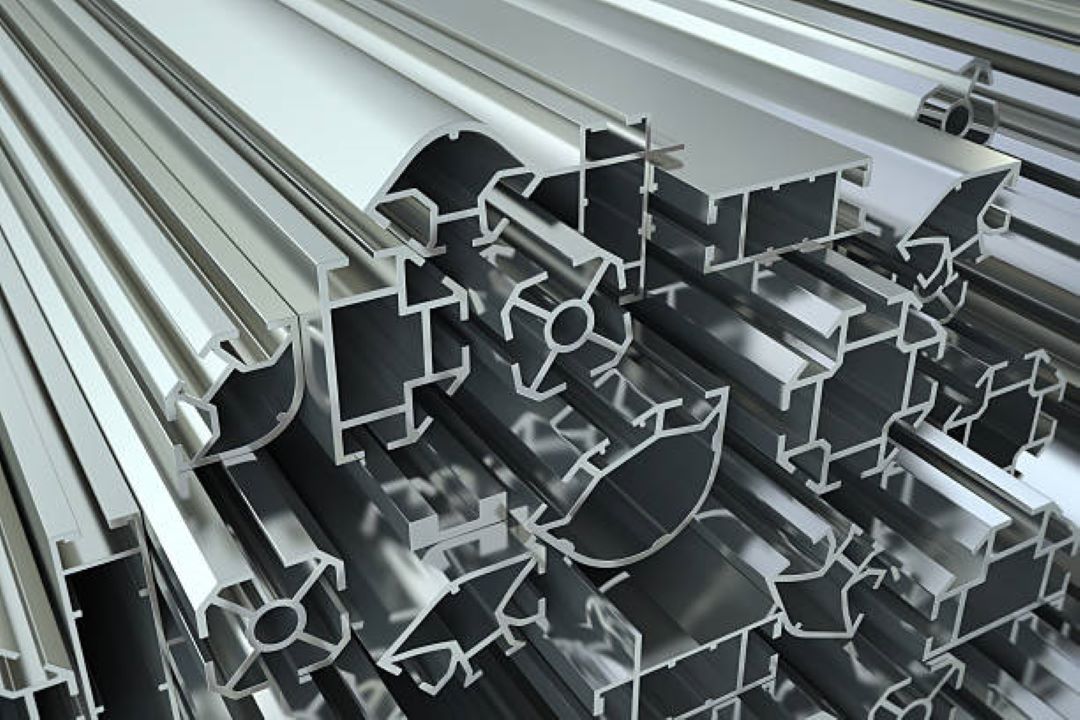Hindalco Industries, part of the Aditya Birla Group, is planning to venture into solar module manufacturing with a new facility in Gujarat, according to sources familiar with the matter. The company is currently evaluating a five-year plan to enter this competitive sector and has reportedly identified land in Mundra, a port town in Gujarat.
As India’s second-largest aluminum producer, Hindalco sees solar module production as a strategic fit due to its strong presence in aluminum manufacturing. While board approval and capital expenditure plans are still pending, this move would mark Hindalco’s first step into green energy component manufacturing.
In 2022, Hindalco had already entered into a collaboration with Greenko Group to develop solar and wind power for its smelting operations, signaling its growing interest in renewable energy. Several of India’s leading energy firms have already made strides in solar module manufacturing.
Reliance Industries plans to launch solar module production at its giga factory in Jamnagar, Gujarat, later this year, while Tata Power is already producing solar modules and cells at its plants. India is aggressively expanding its renewable energy footprint, aiming to add at least 500 gigawatts of clean energy by 2030.
Hindalco’s entry into solar module manufacturing would be a significant contribution to this national goal. Hindalco Industries Limited, the metals flagship of the Aditya Birla Group, is a $26 billion global powerhouse in the metals sector. It stands as the world’s largest aluminium company by revenue and ranks as the second-largest copper rod manufacturer outside of China.
The company is India’s leading copper producer, supplying over half of the country’s copper needs. Its state-of-the-art copper complex in Gujarat includes a top-tier smelter, refinery, downstream facilities, and a captive jetty.
With a global presence across 52 manufacturing units in 10 countries, Hindalco has been recognized as the world’s most sustainable aluminium company in the Dow Jones Sustainability Indices (DJSI) for four consecutive years—2020, 2021, 2022, and 2023.








